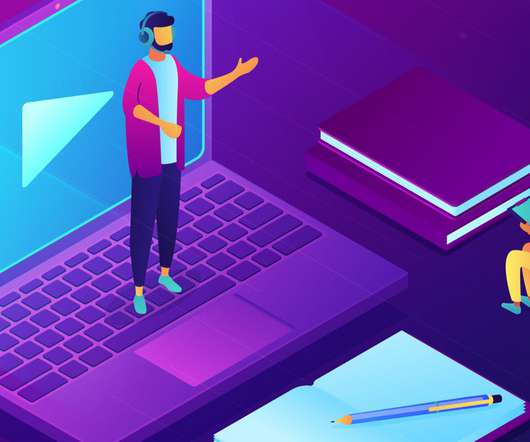Good News from Our Nation’s Capital
EdNews Daily
DECEMBER 20, 2019
ELI is a comprehensive three-year plan to close the digital divide and empower every learner through investment in technology?, They were actually utilizing the digital curriculum as a babysitter. But we were fortunate to have leaders that actually understood the power of digital learning. It includes $4.6















Let's personalize your content